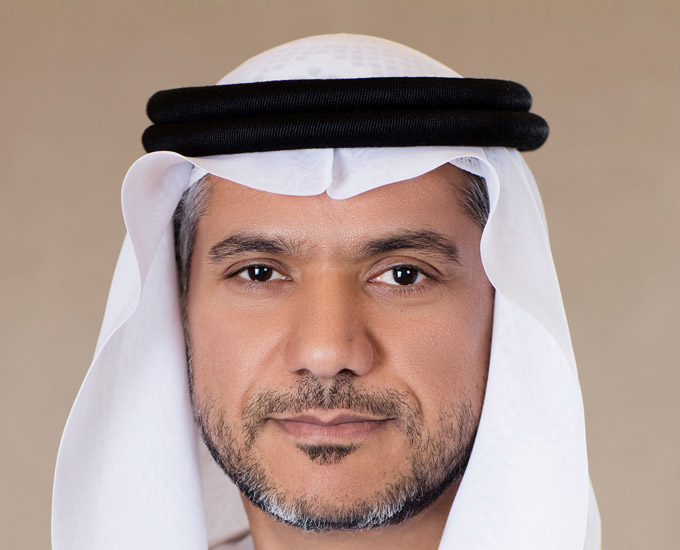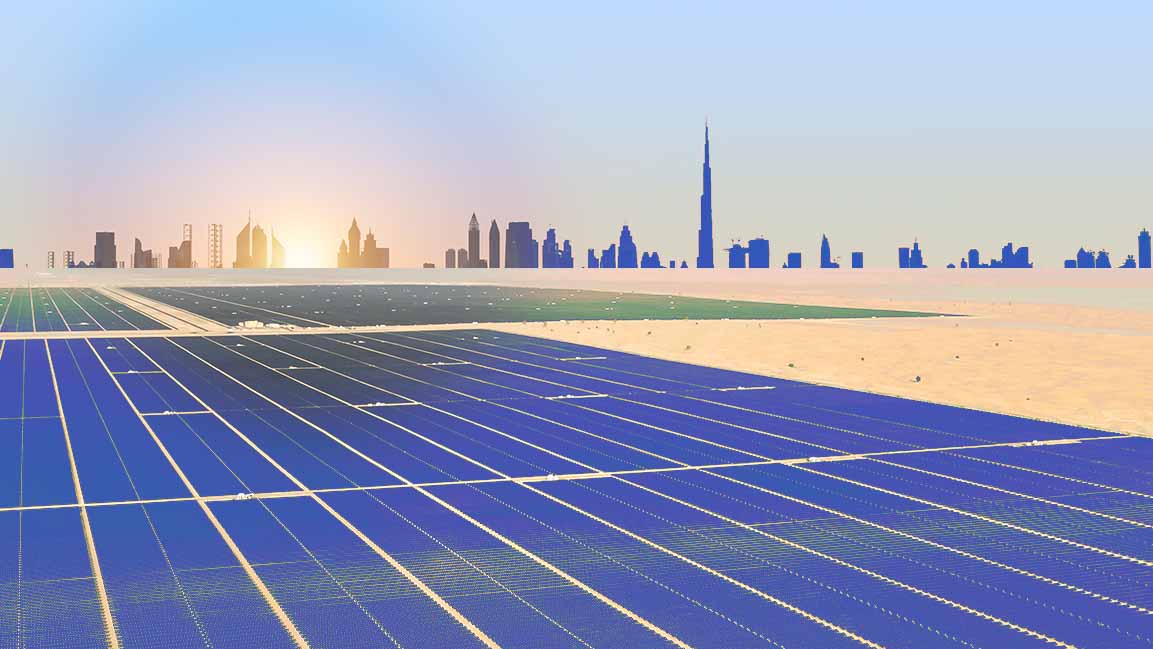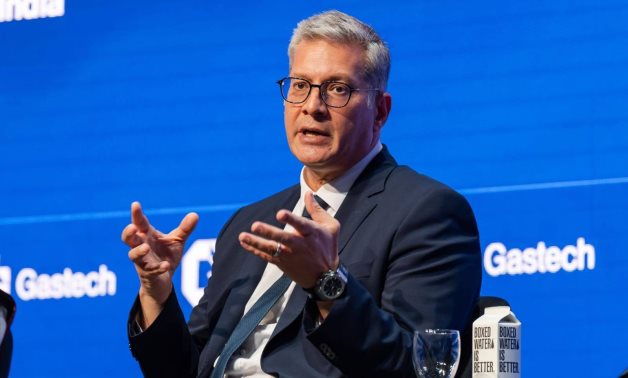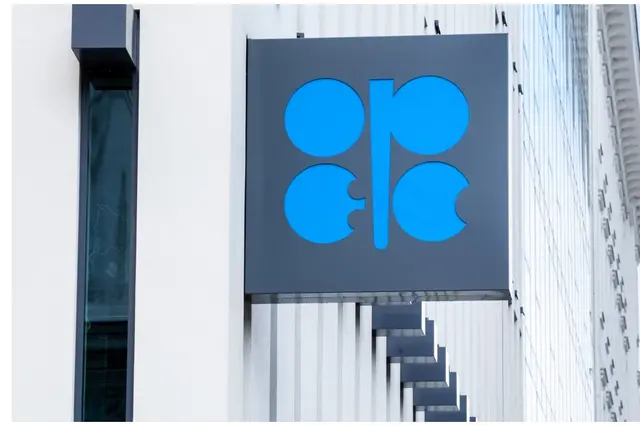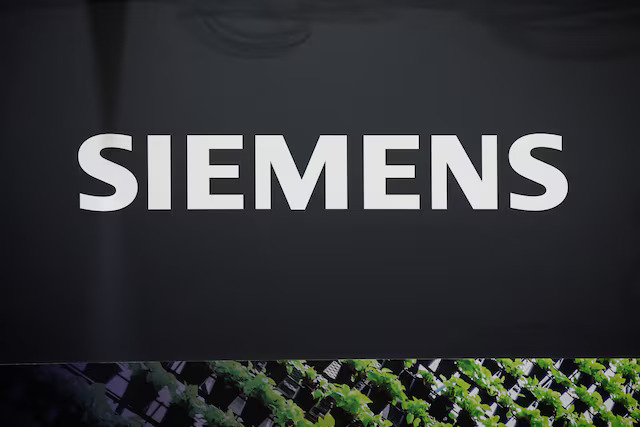Energy

Ghana Rolls Out Decentralized Solar to Reach 70,000 New Users
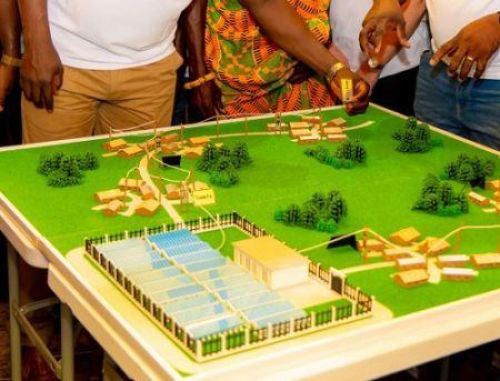
In a bid to electrify remote regions, a rising number of African nations are turning to decentralized solar solutions. In this context, a new national program has been rolled out in Ghana, with the backing of international partners, to expand electricity access.
The Ghanaian Ministry of Energy and Green Transition officially launched the Scaling-Up Renewable Energy Program (SREP) at the end of May. The program aims to extend electricity to underserviced regions, through initiatives such as the construction of 35 mini-grids, installation of 1,450 household solar units, and deployment of 12,000 rooftop photovoltaic systems across the country.
Promising to power over 70,000 people, principally in the Bono East, Oti, and Savannah regions, the SREP will also boost the proportion of renewable (excluding hydroelectricity) power in the national energy mix to 13.5%. The program has financial backing from the Swiss government through SECO, the African Development Bank (AfDB), Climate Investment Fund (CIF), and the Ghanaian government.
The initiative is expected to contribute about 111 GWh of clean electricity annually, and help eliminate around 0.7185 million tons of CO₂ equivalent emissions. During the implementation phase, nearly 2,000 jobs are projected to be created, with 30% earmarked for women and young people. “We are not just installing solar panels or building infrastructure, we are […] empowering communities and bridging the energy gap between rural and urban areas,” said Minister John Abdulai Jinapor.
According to the World Bank, about 90% of Ghanaians had access to electricity by 2023, although minor local disparities still exist. The SREP is part of the country's strategy to achieve universal electricity access by 2030, combining decentralized solutions, green production, and social inclusion.





